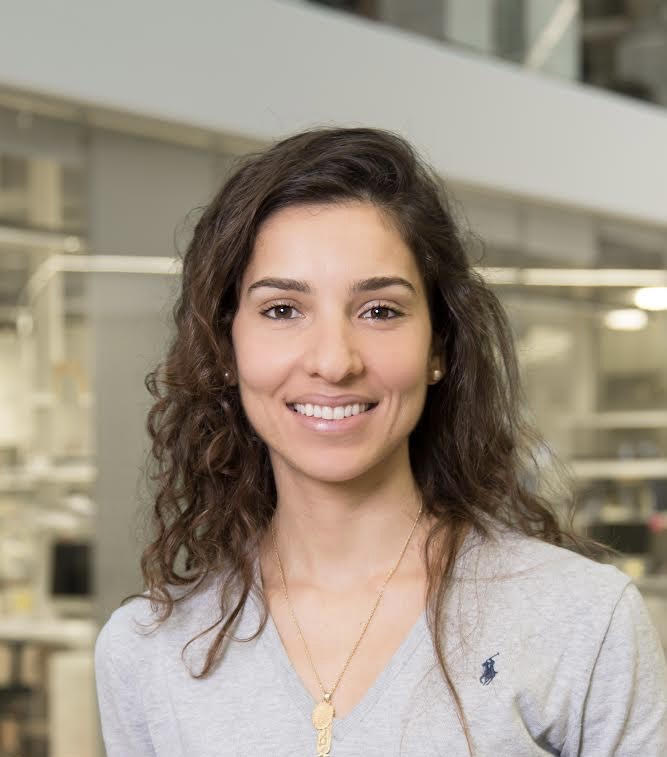
Lena Pernas, Ph.D.
Brief Bio:
Dr. Lena Pernas started as a Max Planck Research Group Leader at the MPI Biology for Ageing (Cologne, Germany) in late 2018, where her lab investigates the organelle and metabolic dynamics of the host-pathogen interaction. Her lab will open its doors at UCLA in the Metabolism Research Theme in 2023.
Training:
Undergraduate: Dr. Kent Hill, MIMG, UCLA, USA
Graduate: Dr. John Boothroyd, Microbiology and Immunology, Stanford University, USA
Postdoctoral: Dr. Luca Scorrano, University of Padua, Italy
Research Interest:
Organellar and Metabolic Dynamics of the Host-Pathogen Interaction
An overarching goal of ours is to understand how a cell actively rewires organellar function and metabolic processes to defend against microbes—which contrasts the traditional view that organelles are passive bystanders during infection that are exploited by microbes. To address this goal, we study the interaction between mitochondria, our cellular ‘powerhouses’, and the human parasite Toxoplasma gondii because we now know the molecules that mediate at least one aspect of their interaction.
Using the mitochondria-Toxoplasma system, we will tackle 3 main areas of inquiry:
1) In the past we have found that after trafficking to and around Toxoplasma, mitochondria remodel their morphology and shed their outer membrane. We are now focused on elucidating the mechanisms underlying these events.
2) Our previous study of mitochondrial behavioral changes led us to discover that these organelles compete with Toxoplasma for nutrients, thereby restricting their growth. However, the mechanisms that rewire metabolism during infection and the extent to which host metabolism regulates microbial growth remain open questions. Our second area of inquiry addresses these questions at the level of the cell, the organism and the community.
3) The antagonistic interactions between the host and Toxoplasma that we have previously focused on are a hallmark of short time scale interactions. Our third and newer area of inquiry explores the emergence of mutualistic host-pathogen symbioses during long time scale interactions.
Affiliations:
Member: Metabolism Theme
Selected Publications:
Mitochondria shed their outer membrane in response to infection-induced stress. Li, X., Straub, J., Medeiros, T., Mehra, C., den Brave, F., Peker, E., Atanassov, I., Stillger, K., Michaelis, J.B., Burbridge, E., Burbridge, E., Adrain, C., Münch, C., Riemer, J., Becker, T., and Pernas, L. (2022) Science
Contact and competition between mitochondria and microbes. Medeiros, T.C., Mehra, C., and Pernas, L. (2021) Current Opinion in Microbiology
Cellular metabolism in the defense against microbes. Pernas, L. (2021) Journal of Cell Science
Mitofusin 1 is required for the oocyte-granulosa cell communication that regulates oogenesis. Machado TS*, Carvalho DF*, Garcia BM*, Zangirolamo AF, Macabelli CH, Sugiyama FHC, Grejo MP, Neto JDA, Ribeiro FKS, Sarapião FD, Meirelle FV, Guimarães FEG, Pernas L, Seneda MM, Chiaratti MR. (2020) FASEB J.
Mitochondria restrict growth of the intracellular parasite Toxoplasma by limiting its uptake of fatty acids. Pernas, L., Bean, C., Boothroyd, J.C., and Scorrano, L. (2018) Cell Metabolism
